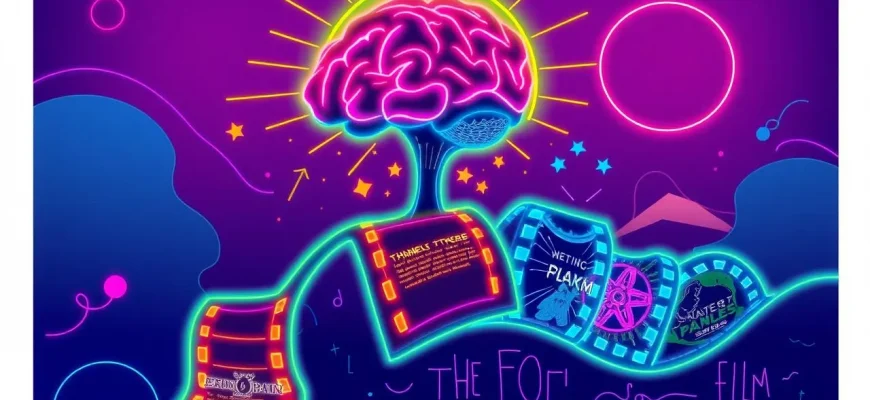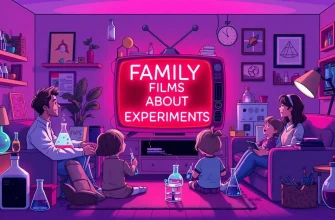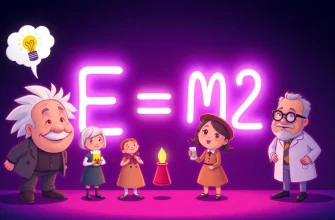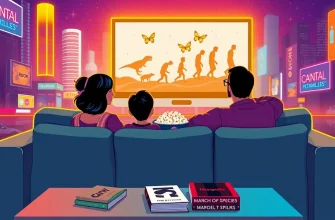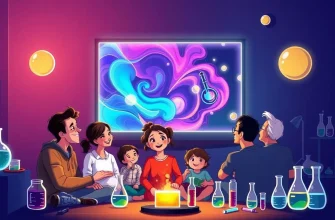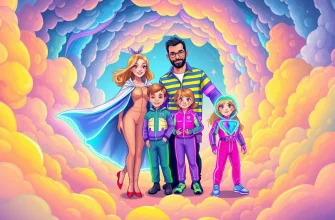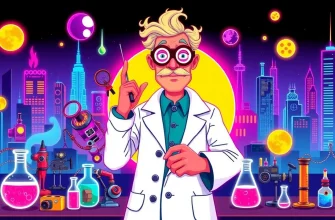Delving into the intricacies of the human mind, this curated selection of films offers a fascinating journey through various aspects of consciousness. From psychological thrillers to philosophical explorations, these movies challenge our perceptions and provoke thought on what it means to be conscious. Whether you're intrigued by the mysteries of the mind or simply enjoy a good twist, this collection promises to expand your understanding and appreciation of cinematic storytelling.

The Matrix (1999)
Description: A groundbreaking film that questions the nature of reality, exploring themes of artificial intelligence, virtual reality, and human consciousness.
Fact: The Wachowskis developed the concept after reading "Simulacra and Simulation" by Jean Baudrillard.
 Watch Now
Watch Now
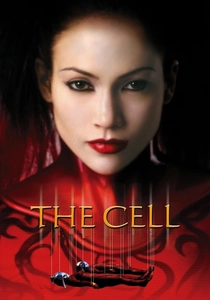
The Cell (2000)
Description: A psychological thriller where a therapist enters the mind of a comatose serial killer to find his latest victim, exploring the dark corners of human consciousness.
Fact: The film's visual style was heavily influenced by surrealist art, particularly the works of Salvador Dalí.
 Watch Now
Watch Now
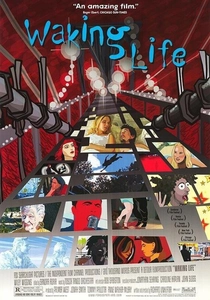
Waking Life (2001)
Description: An animated film that follows a young man through a series of dream-like experiences, exploring philosophical questions about existence and consciousness.
Fact: The film uses rotoscoping, a technique where live-action footage is traced over to create an animated look.
 Watch Now
Watch Now
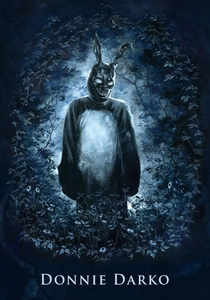
Donnie Darko (2001)
Description: A cult classic that deals with time travel, alternate realities, and mental health, offering a complex narrative on fate and free will.
Fact: The film was initially a box office flop but gained a cult following through home video and word of mouth.
 Watch Now
Watch Now
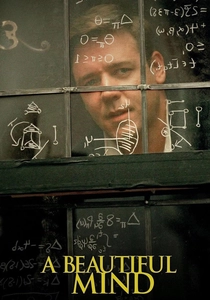
A Beautiful Mind (2001)
Description: Based on the life of John Nash, this film explores genius, schizophrenia, and the battle between reality and illusion.
Fact: The film's portrayal of schizophrenia was praised for its accuracy, though some liberties were taken with Nash's life story.
 Watch Now
Watch Now
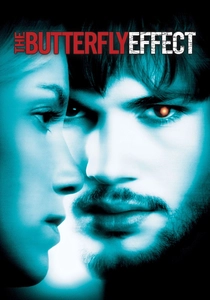
The Butterfly Effect (2004)
Description: A story about time travel and the consequences of changing the past, examining the ripple effects on one's consciousness and life.
Fact: The film had multiple endings, with the theatrical release featuring a different ending than the director's cut.
 Watch Now
Watch Now
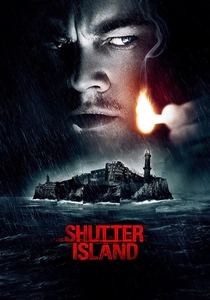
Shutter Island (2010)
Description: A psychological thriller that delves into the mind of a detective investigating a disappearance in a mental institution, blurring the lines between reality and delusion.
Fact: The film is based on the novel by Dennis Lehane, and the ending was kept secret from the cast until the last day of shooting.
 Watch Now
Watch Now

Inception (2010)
Description: This film explores the concept of dreams within dreams, questioning the nature of reality and the subconscious mind.
Fact: Christopher Nolan wrote the script over a decade before the film was released, and the film's dream-sharing technology was inspired by lucid dreaming.
 Watch Now
Watch Now
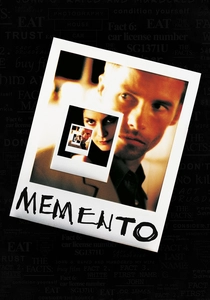
Memento (2000)
Description: Told in reverse, this film examines memory loss and the lengths one goes to remember, challenging the viewer's perception of time and memory.
Fact: The film's structure was inspired by the short story "Memento Mori" by Jonathan Nolan, Christopher Nolan's brother.
 30 Days Free
30 Days Free
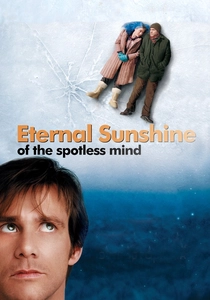
Eternal Sunshine of the Spotless Mind (2004)
Description: A story about memory erasure and the desire to forget painful experiences, highlighting the complexity of human emotions and memory.
Fact: The film was shot in reverse order to help the actors portray the emotional journey of their characters.
 30 Days Free
30 Days Free

